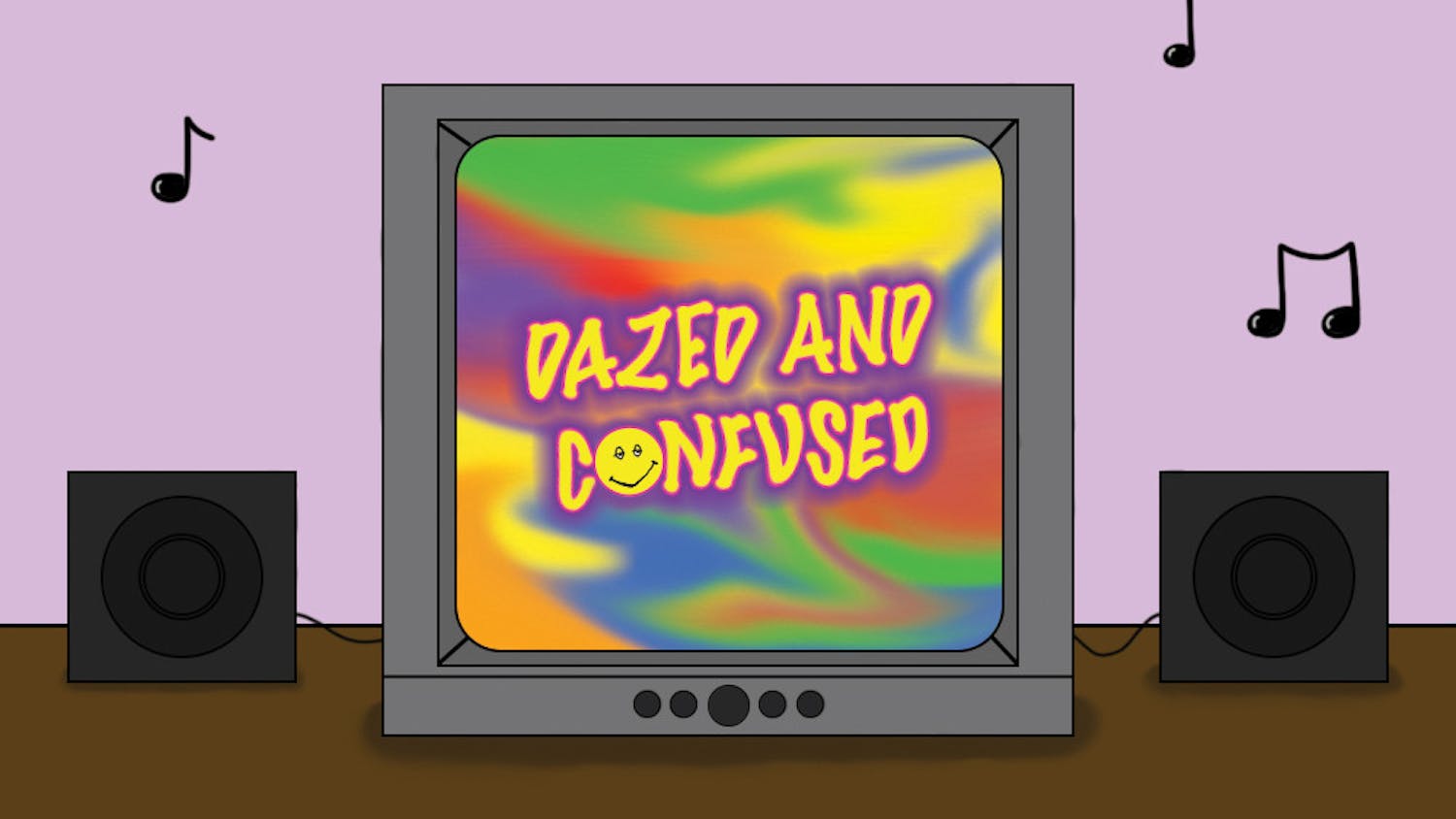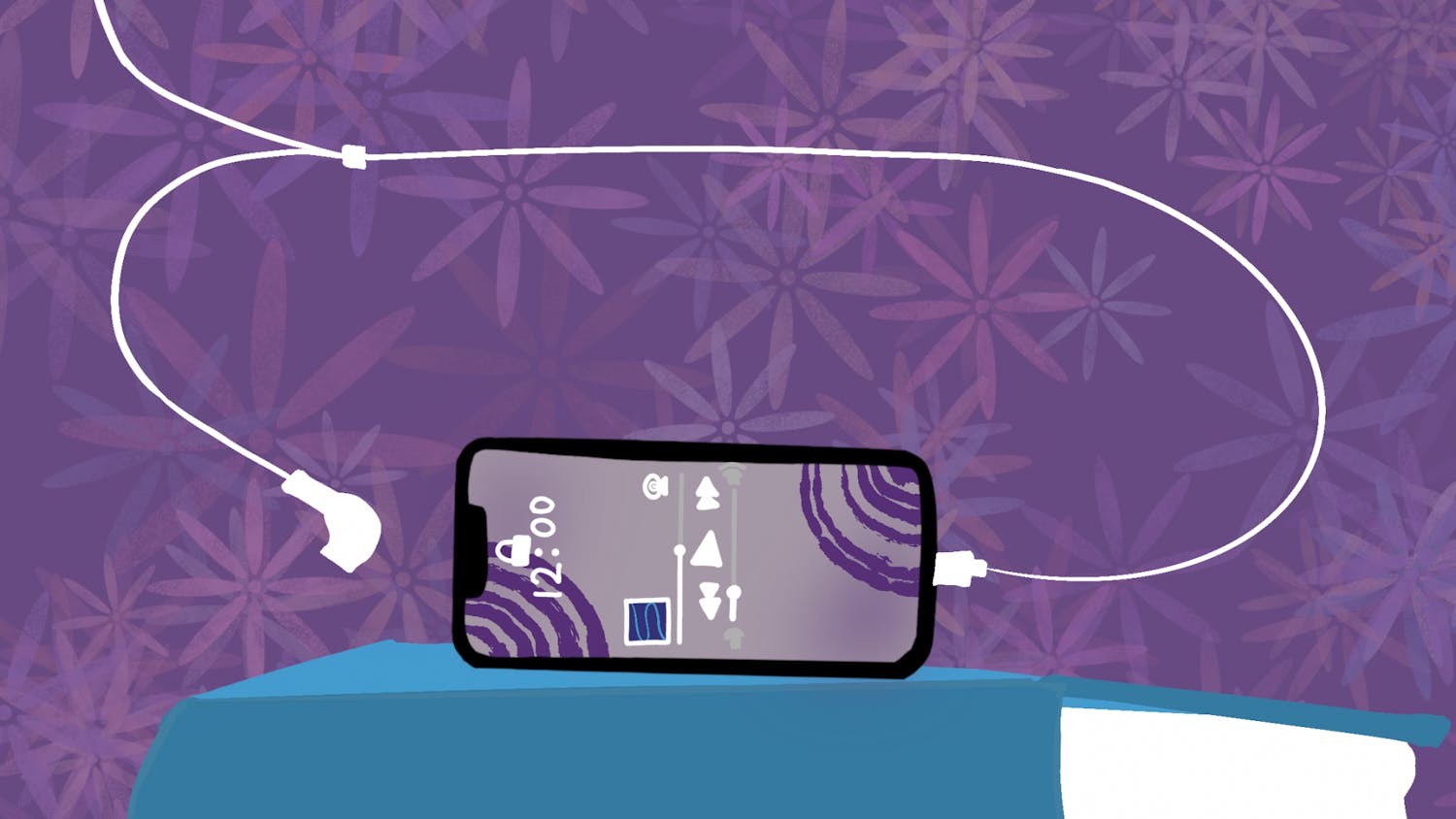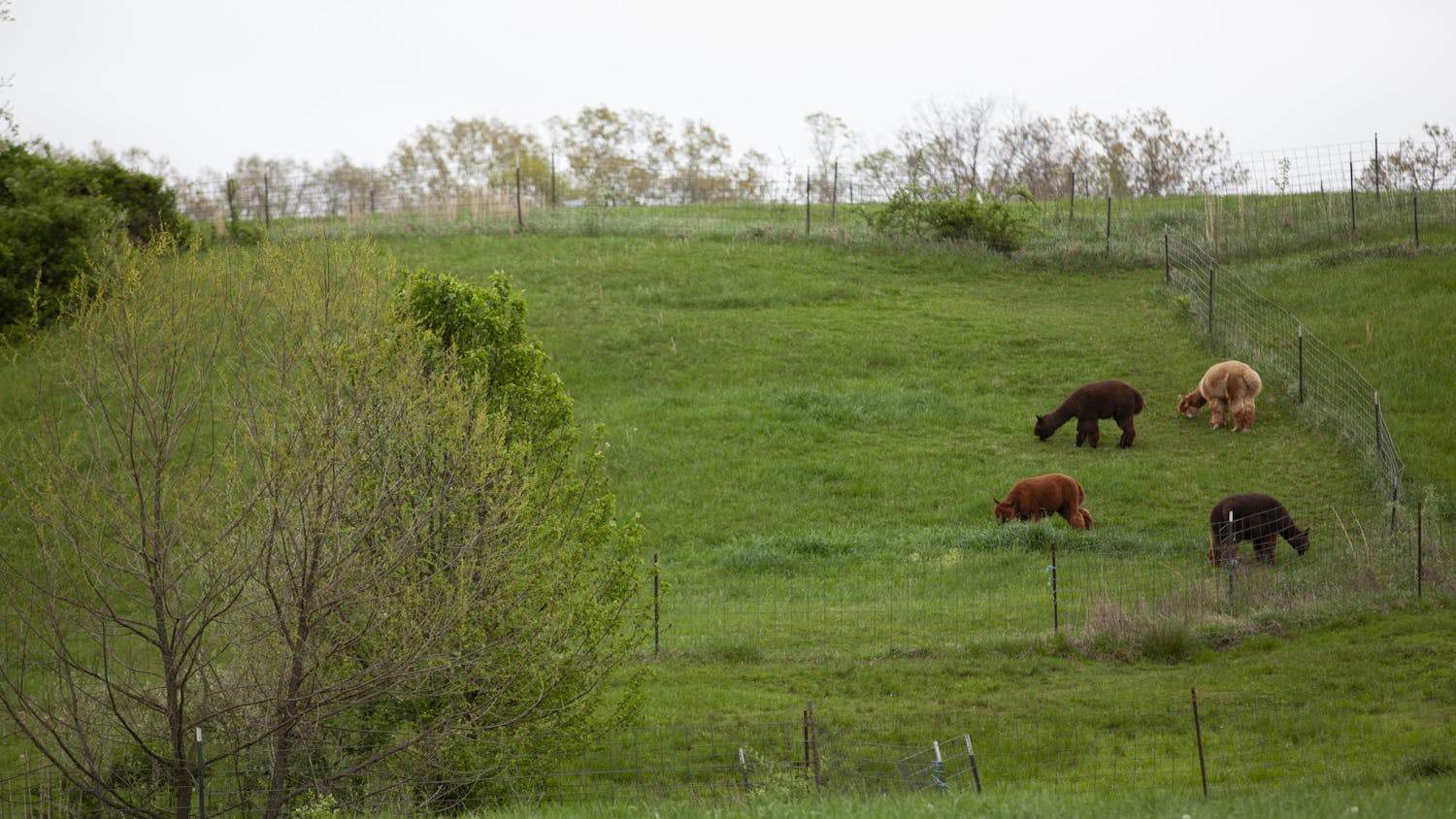Everyone knows at least one “jack of all trades,” that person who succeeds in everything he or she strives for with seemingly minimal effort.
But for the rest of us, our daily supply of motivation is distributed amongst our few personal specialties. Whether it’s employing career skills, speaking a foreign language or partaking in a hobby, each day presents us with a set amount of time and energy to accomplish what we deem most important.
Although you might already be booked and restless, fitting one additional activity into your schedule proves worth the while by means of fulfillment and mindfulness.
Even if for five minutes a day, picking up any type of instrument and working toward its mastery offers a takeaway that hardly exists in the lives of many: creative freedom.
How much creative freedom is in your schedule right now?
Having what the French call carte blanche to do whatever you choose in whatever way you want is a liberating experience, especially in the company of an instrument.
Whether it’s a tenor sax or a tambourine, nothing feels off limits and nothing has to make sense to anyone but oneself. Just think of mistakes as a form of free jazz.
Creating sounds that would have otherwise not existed leads to an empowering and, at times, near transcendent state of mind. And since there’s an accessible instrument for everyone in spite of what the pessimistic part of the brain will say, no one is excluded from this opportunity.
Learning curves for some instruments are not as steep or intimidating as something like a lute. Bongos, a harmonica, a ukelele or a Chilean rain stick are all great entry-level instruments for those who don’t want to commit too much time. Although, the meaning of “too much” changes with skill level.
Learning an instrument is one of the loveliest expenditures of time because it gives you exactly what you put into it. You become aware of a new language with complex grammar and theory. And whether by sheet music, online tabs or by ear, understanding of how music works allows us a deeper comprehension of the natural world.
And when the natural world becomes too much, making music can act as an immediate comfort and distraction from the horrific goings on. There’s a meditative and therapeutic component to keeping a tempo or selecting a sequence of notes that blocks out the inner thoughts that wear away at one’s mind.
There’s a variety of different everyday escapisms to choose from, but music is one of the most constructive and purifying. Playing an instrument and taking part in this escapist pursuit is one of the few inherent solaces available to all humans, regardless of background or culture. On that basis alone, it’s worth clearing some time to give the glockenspiel a whirl.
Granted, every new endeavor comes with a certain resistance. But once you find yourself instrument-in-hand, I think you’ll find it difficult to not feel welcomed inside the doorway.
Luke Furman is a junior studying journalism at Ohio University. Please note that the views and opinions of the columnists do not reflect those of The Post. What instrument would you like to learn? Let Luke know by tweeting him @LukeFurmanLog or emailing him at lf491413@ohio.edu.






